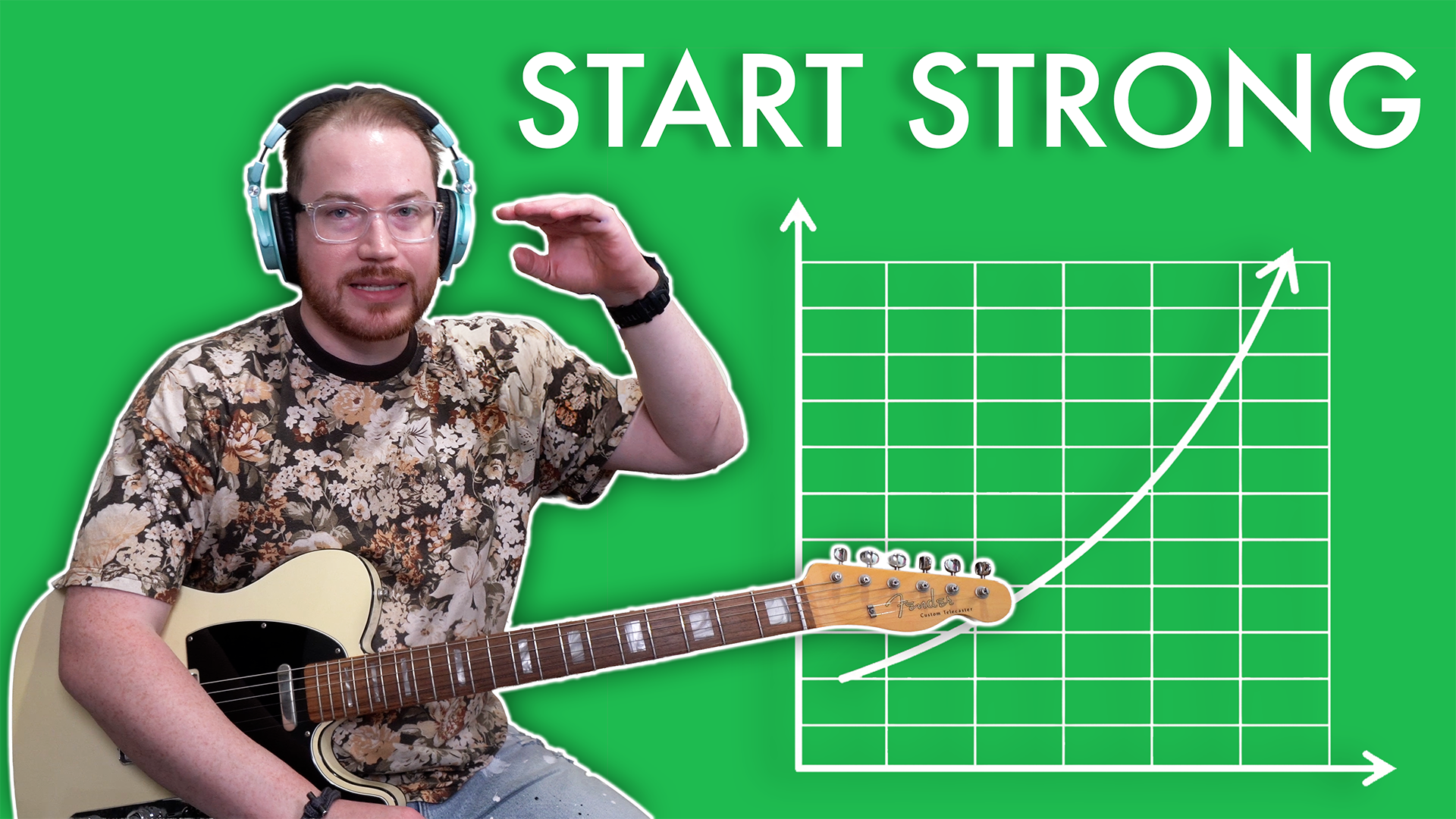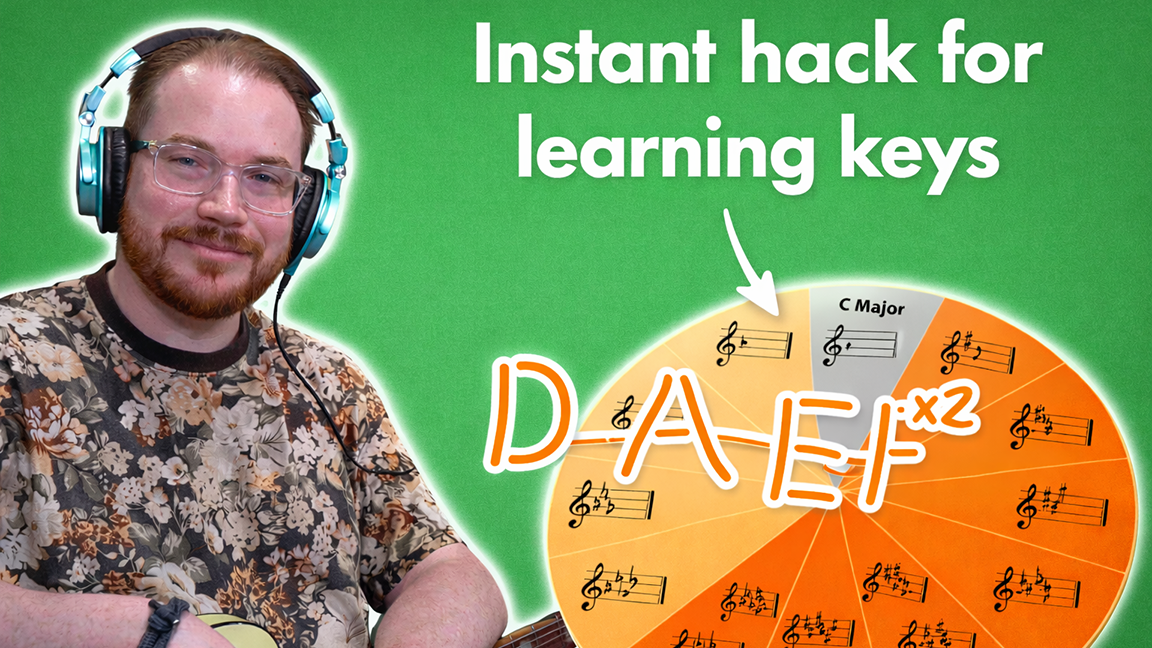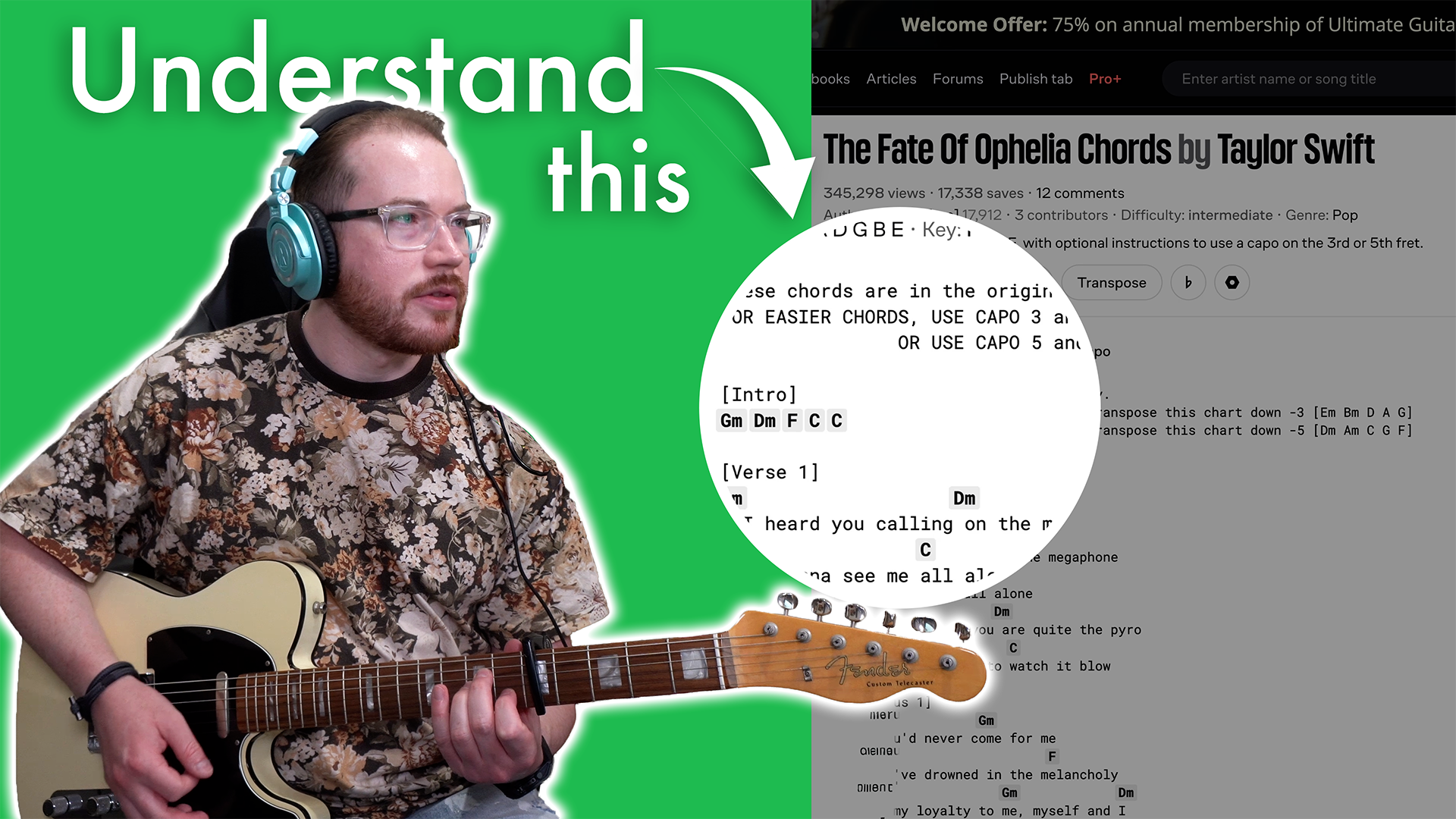Why You Really Need To Practice Your Instrument
Music practice is not meant to be fun
You can have fun, but practice isn’t designed for you to have fun. Practice is the process of getting closer to achieving your musical goals. When we practice, we take elements of our playing that we find difficult, and play them carefully until they are easy. Once what you are practising becomes second nature, playing your instrument becomes a lot of fun. Before you get to that stage, you’ll find it takes a lot of hard work and concentration. If it doesn’t, there’s a good chance you’re doing it wrong.
Think about when you were learning to speak English. Words had meanings you didn’t understand, spelling you had to remember, and sounds that were completely different to what you expected. It wasn’t easy. Once you got it down though, communication became a lot of fun. You didn’t have to practice English any more, but you could use it to understand movies, read books, and write messages to your friends. Music is the same. It’s a language, and while learning to speak it is challenging sometimes, the rewards of being able to use it are awesome!
How often should you practice your instrument if you’re a beginner?
There are no rules when it comes to music, and there are no rules when it comes to practising music. What we have instead are good ideas that have been proven over many years to help you become a better player.
One of these ideas is that small amounts of regular practice is much better than a massive session in the weekend. When you practice, you develop muscle memory. This is where you learn to do the movements without having to think about them. You could be watching TV, having a conversation with someone, and playing a song on your instrument perfectly at the same time. That’s muscle memory at work.
If the only time you play your instrument is during your lesson, then your muscles will have trouble remembering what they did during your last lesson and you won’t make much progress. Every time you see your teacher, you’ll end up going over the same thing again and again and again and again. Music isn’t very fun when you’re not making any progress.
When you’re beginning, you don’t need to do a lot of practice. It’s consistency that is important. Aim to practice a minimum of three days a week for 10 to 15 minutes a day. Spread these days out so they don’t happen all in a row, and figure out the best time for you to fit your practice into your schedule. It doesn’t necessarily have to be in one 15 minute chunk. You could do a 10-minute session here, and come back for a 5-minute session there. Don’t get put off music because you have to practice. Sometimes you really don’t want to, but you just have to decide to sit down and do it anyway. Make sure you have a plan and make sure your plan is achievable! It’s never going to happen if you don’t plan to sit down and pick up the instrument.
Is your practice a waste of time?
Small amounts of regular practice is much better than a massive session in the weekend.
If you don’t practice correctly, your practice is a waste of time. Unless your goal is to have fun, there is absolutely no point in sitting down to practice and playing something you are already an expert at for 10 to 15 minutes. That’s not how we become better players. Spend a minute or two warming up, so the muscles in your hands aren’t stiff, get in the zone, and then tackle something difficult.
Make sure you’re honest with yourself when you’re practising. Are you going too fast? Do you need to play it slower? Does your chord sound amazing, or could it use a little work? Being able to honestly ask yourself these questions will fast track your progress and help you become an awesome player. (For more information on why this is important, check out ‘The Single Most Important Thing You can Learn as a Musician’.)
What you need when you sit down to practice your instrument:
Goals – so you can feel good about achieving them!
Your instrument – Guitar Hero doesn’t count…
Music and resources – check out Activate Music Academy’s online resources for some great content!
Tuner – there are some great apps on the App Stores.
Metronome or backing tracks – there are some great metronome apps on the App Stores.
Comfortable seat – the kind that is comfortable for practising, not watching TV.
Notebook – so you can write down what you’re practising, what you’re finding hard, and what you can work on.
The hardest thing about practice is actually sitting down to do it. Remember, practice isn’t just about playing something you already know on your instrument. It’s about honestly analysing your playing and actively trying to get better. Sometimes it’s awesome fun; sometimes it’s hard work, but the payoff is always worth it!
How do you motivate yourself to practice?



